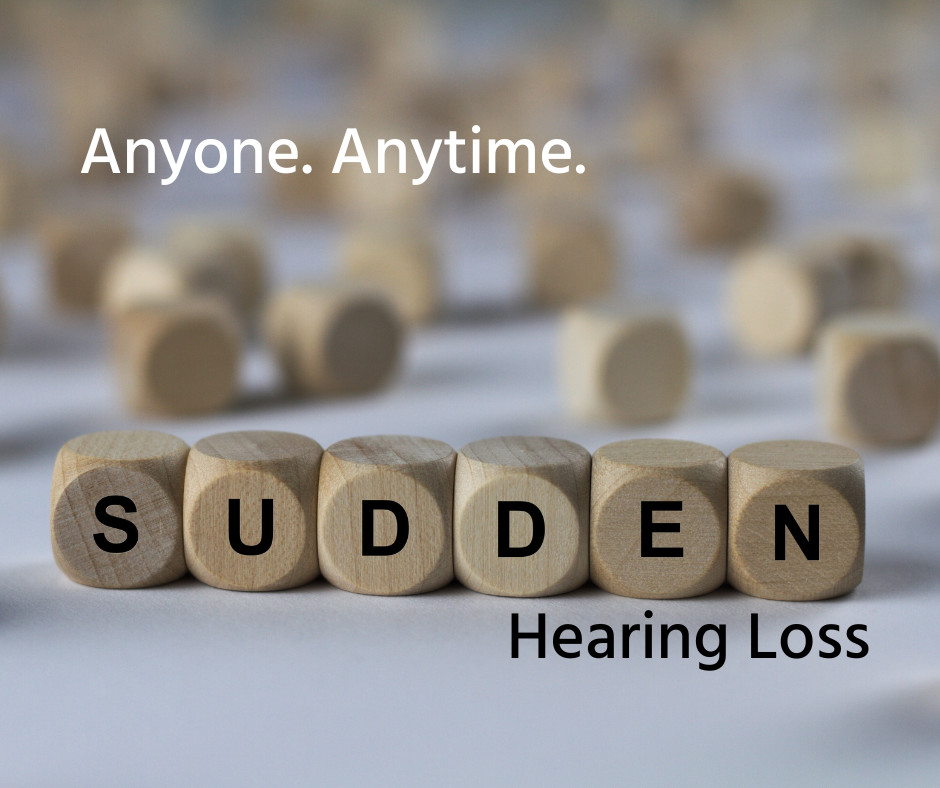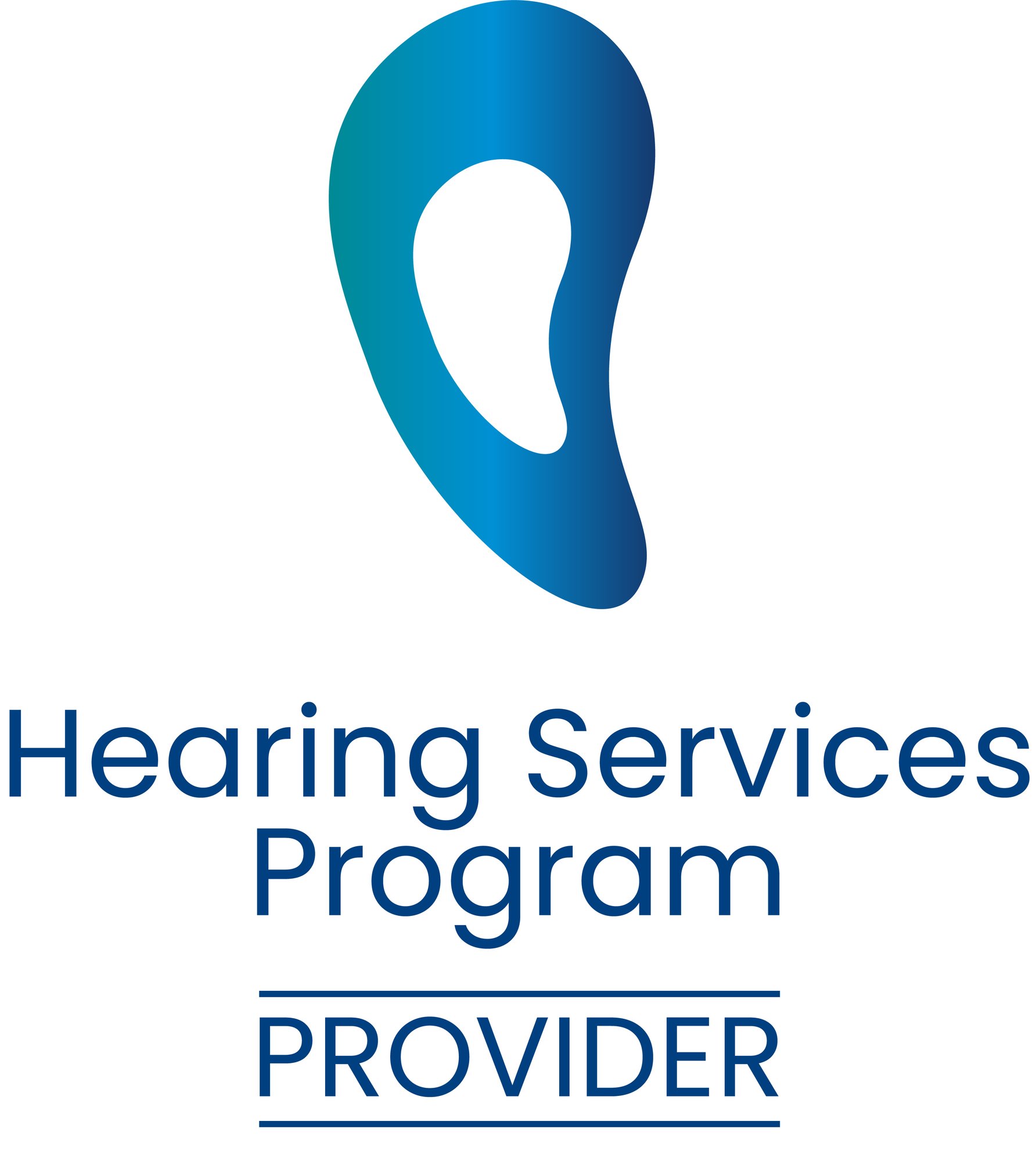Sudden Hearing Loss can happen to anyone at any time – here is the most important information you need to know in case it happens to you or a loved one.

Hearing loss is inevitable. Due to the effects of time, most of us will experience a measurable hearing loss some time around our ripe old sixties, and along the way we might also experience a temporary hearing loss due to ear wax blockage, middle ear infection or after attending a loud concert. However, for around 1 in 5000 people, hearing can permanently vanish in a matter of minutes to hours in a serious symptom known as 'Sudden Hearing Loss' 1.
Why does Sudden Hearing Loss happen?
Sudden Hearing Loss (SHL) is more complex than just having an ear full of wax, and at this time a specific cause eludes scientists and ear specialists. Research in this area points to several possible reasons, namely viral infections, immune system malfunction, an inflammatory injury to the ear, or a restricted blood supply to the ear. In some cases, the cause can be a combination of these issues and in some instances, SHL is linked to a tumour or stroke1.
What does SHL feel like?
SHL usually affects only one ear and can happen at any time to anyone. It normally occurs with a loud sound, such as a ‘pop’, ‘ringing’ or ‘whooshing’ sound that fades. Along with a distinctive sound, a person with SHL may also experience a physical sensation of their ear being clogged or full. Their hearing ability will then also fade in a matter of minutes or even hours. As the hearing and balance organs are closely linked, SHL can also affect balance, causing unsteadiness, dizziness, or a spinning sensation.
The signs and symptoms to look for
Medical treatment for SHL is most effective within 10-14 days, preferably much sooner. Sudden Hearing Loss should be considered a medical emergency. Because of this small window it’s important to organise medical investigation as quickly as possible to confirm whether it is a true case of SHL, or another type of hearing issue that is causing similar signs.
If you notice any or all of the following, it’s important to act quickly to your physician and/or emergency hospital department 2:
- You have experienced a sudden and obvious change in hearing has occurred
- You have experienced a loud pop, ringing, or buzzing sound which occurred just before or around the time of change of hearing
- You have experienced a loss of balance and/or dizziness just before or around the time of hearing change
- You have experienced a physical sensation of fullness in the ear(s) where hearing has been affected
Harvard Health Publishing also offers this self-test which might be useful as you wait to see your physician3:
SHL or just a stuffy ear? Humming can tell
How can you know the difference between a regular stuffy ear and sudden hearing loss? Try this test:
Hum aloud to yourself. With normal hearing, you hear the sound equally in both ears. If you do this when you have a new loss of hearing in one ear, the humming will shift to one side or the other.
For example, if your right ear is affected and the hum is louder in that ear, then the hearing loss is more likely a conductive loss, and probably due to blockage from a cold or built-up ear wax. (You can simulate this effect by humming while you cover your right ear.)
However, if the humming is louder in the left ear, it suggests the right ear hearing loss is due to recent nerve damage, and that requires prompt medical attention.
What should I do if I notice sudden hearing loss?
With SHL, prompt referral to Ear Nose Throat (ENT) specialist is of the highest importance to ensure medical diagnosis and treatment is received as soon as possible, and in some situations, it may be most efficient to present to your local emergency department.
Once confirmed, SHL is typically treated with corticosteroids over a two to three week period, which can be administered orally or via an middle ear injection.
Whilst time is of the essence, and corticosteroids have been shown to be effective, the severity of SHL can affect the likelihood of recovery, with mild cases having high rates of recovery, and moderate and severe SHL only recovering in 20% of cases3.
Why do some people with SHL not act fast enough?
There are a number of reasons as to why people don’t act fast enough, some may dismiss it as a minor issue that will resolve itself (e.g. waxy ears, sinus issue, cold/flu etc) as it can present in a similar way, some may have trouble seeing an ear specialist in a timely manner, or some may only report the hearing issue and no other related information (e.g. how quickly it occurred, loud accompanying sounds or dizziness) and so it is not treated as the acute medical emergency it is.
Most of these reasons come back to the simple truth that not enough people are aware of the significance of SHL, and how short the treatment window actually is.
You can help spread awareness of Sudden Hearing Loss by sharing this article.
If you are experiencing any of the above-mentioned symptoms or simply are not sure, we encourage you not to delay and to make an appointment with your GP or see a Value Hearing Audiologist at one of our 9 clinics across Australia. Call 1800 157 429.
1 Chandrasekhar SS, Tsai Do BS, Schwartz SR, et al. Clinical Practice Guideline: Sudden Hearing Loss (Update). Otolaryngology–Head and Neck Surgery. 2019;161(1_suppl):S1-S45. Actual incidence numbers vary across literature, from 5 to 27 per 100,000.
2 Adapted from Chandrasekhar SS, Tsai Do BS, Schwartz SR, et al. Clinical Practice Guideline: Sudden Hearing Loss (Update). Otolaryngology–Head and Neck Surgery. 2019;161(1_suppl):S1-S45.
3 https://www.health.harvard.edu/diseases-and-conditions/now-hear-this-dont-ignore-sudden-hearing-loss

